Power outages can occur unexpectedly due to severe weather, equipment failure, or other unforeseen circumstances. Preparing for such situations ensures your comfort and protects your family. Whether it's a short-term outage or an extended blackout, taking proactive steps to prepare your home can make a significant difference. In this guide, we'll explore essential tips to help you get your home ready for a power outage.
Create an Emergency Kit
Assemble a comprehensive emergency kit containing essential supplies such as flashlights, batteries, candles, matches, a battery-powered or hand-crank radio, non-perishable food items, bottled water, a first aid kit, and any necessary medications.
Invest in Backup Power Sources
Consider investing in alternative Power Sources and a power backup to keep critical appliances running during an outage. Invest in a Generator, renewable energy options or power stations. Choose a suitable generator size and ensure it's properly installed and maintained.
Alternatively, portable power stations or solar generators can temporarily charge your electronic devices and power small appliances. Lanpwr Portable power stations will power your home during a power outage. The power station will power up most of your household appliances and can charge via solar in case of extended outages.

Protect Electronics and Appliances
To prevent damage from power surges when the electricity is restored, unplug non-essential devices and sensitive electronics and appliances. In addition, safeguard sensitive electronics such as computers, televisions, and fridges with surge protectors to avoid damage from power fluctuations when the electricity comes back on. Leave one light switch turned on to indicate when power is restored.
Keep Refrigerator and Freezer Closed
Keep refrigerator and freezer doors closed as much as possible to maintain food freshness during a power outage. A well-insulated freezer can keep food frozen for up to 48 hours if it remains unopened. A fully stocked freezer will keep food cold longer than a partially filled one. Use perishable food items first and rely on non-perishable food supplies to sustain your family during extended outages. Keep a manual can opener handy.
Stock up on canned food, dry goods, and bottled water that don't require refrigeration or cooking. If you have a gas stove, you can still use it for cooking during a power outage.
Ensure Adequate Emergency Lighting
Install battery-operated or solar-powered lights in critical areas of your home, such as hallways, staircases, and bathrooms, to provide light during power outages. Keep flashlights and lanterns readily available in various rooms, and spare batteries. Portable power stations will ensure your home is well-lit throughout a power outage.

Maintain Communication Channels
Charge cell phones and other communication devices before an expected outage.
Alternative communication methods should be established, such as a designated meeting place for family members, in case cell phone networks are unavailable.
Prepare for Heating and Cooling Needs
Dress in layers to stay warm during cold weather outages. Have extra blankets and sleeping bags on hand to conserve body heat. Have alternative heating sources available, such as a fireplace, wood stove, or propane heater. Ensure these are properly maintained and ventilated to prevent carbon monoxide buildup. During hot weather, use battery-operated fans or seek shelter in cooler areas of the home to prevent overheating.
Plan for Medical Needs
If anyone in your household relies on electricity-powered medical equipment, ensure you have a backup power source or alternative arrangements. A Lanpwr Portable power station will power medical equipment and ensure you are covered during this critical period. Stock up on essential medications and medical supplies to last through an outage.
Stay Informed and Be Prepared
Monitor weather forecasts and stay informed about potential power outages in your area. Sign up for alerts from your local utility company or emergency management agency. Familiarize yourself with emergency procedures and evacuation routes in case of an extended outage or other emergencies.

Conclusion
Preparing your home for a power outage is essential for ensuring the safety and well-being of your family. Following these tips and making necessary preparations in advance can minimize disruptions and discomfort during unexpected outages. Remember, being proactive and having a well-thought-out plan can make all the difference when the lights go out.

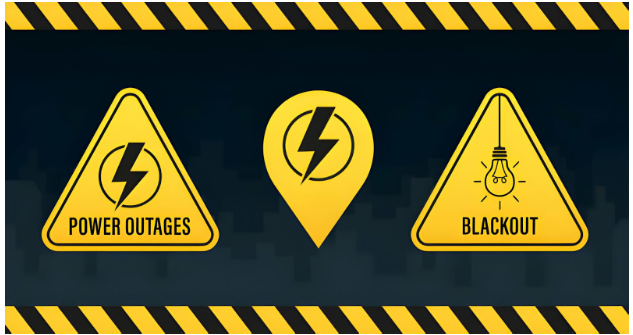
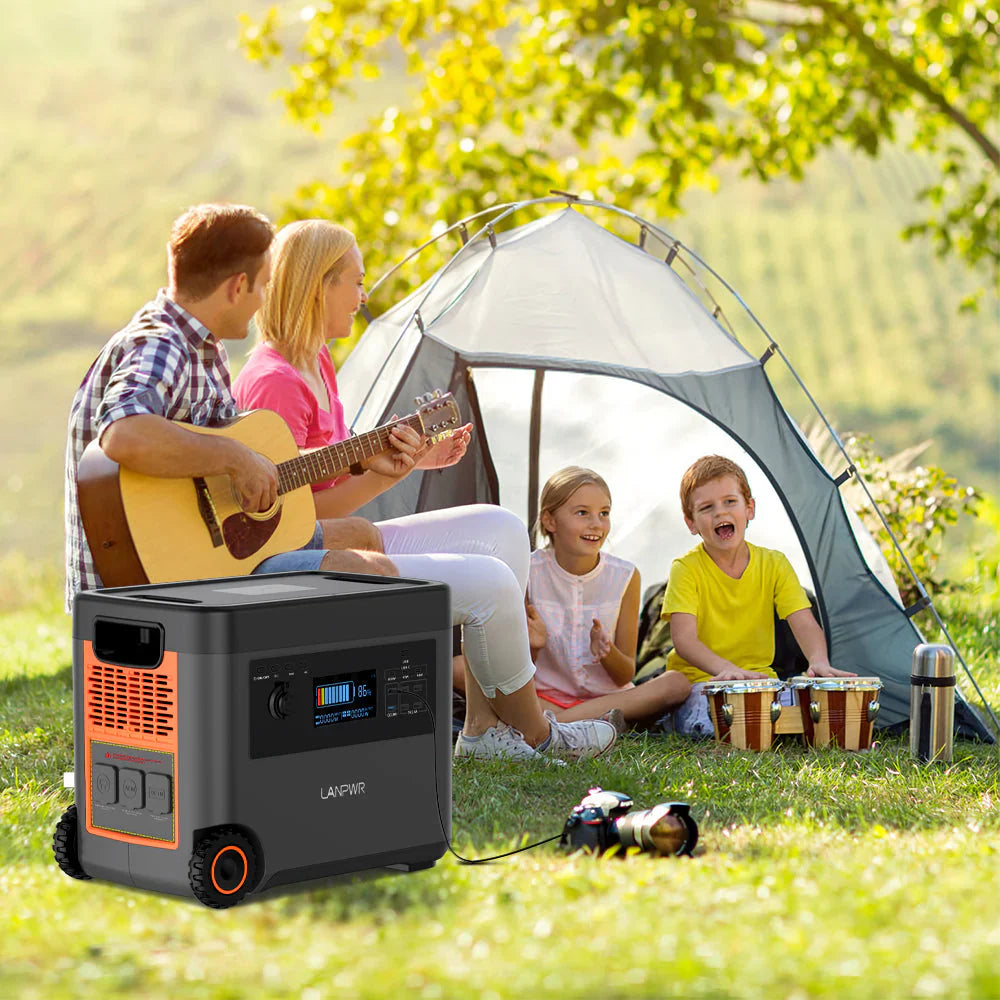

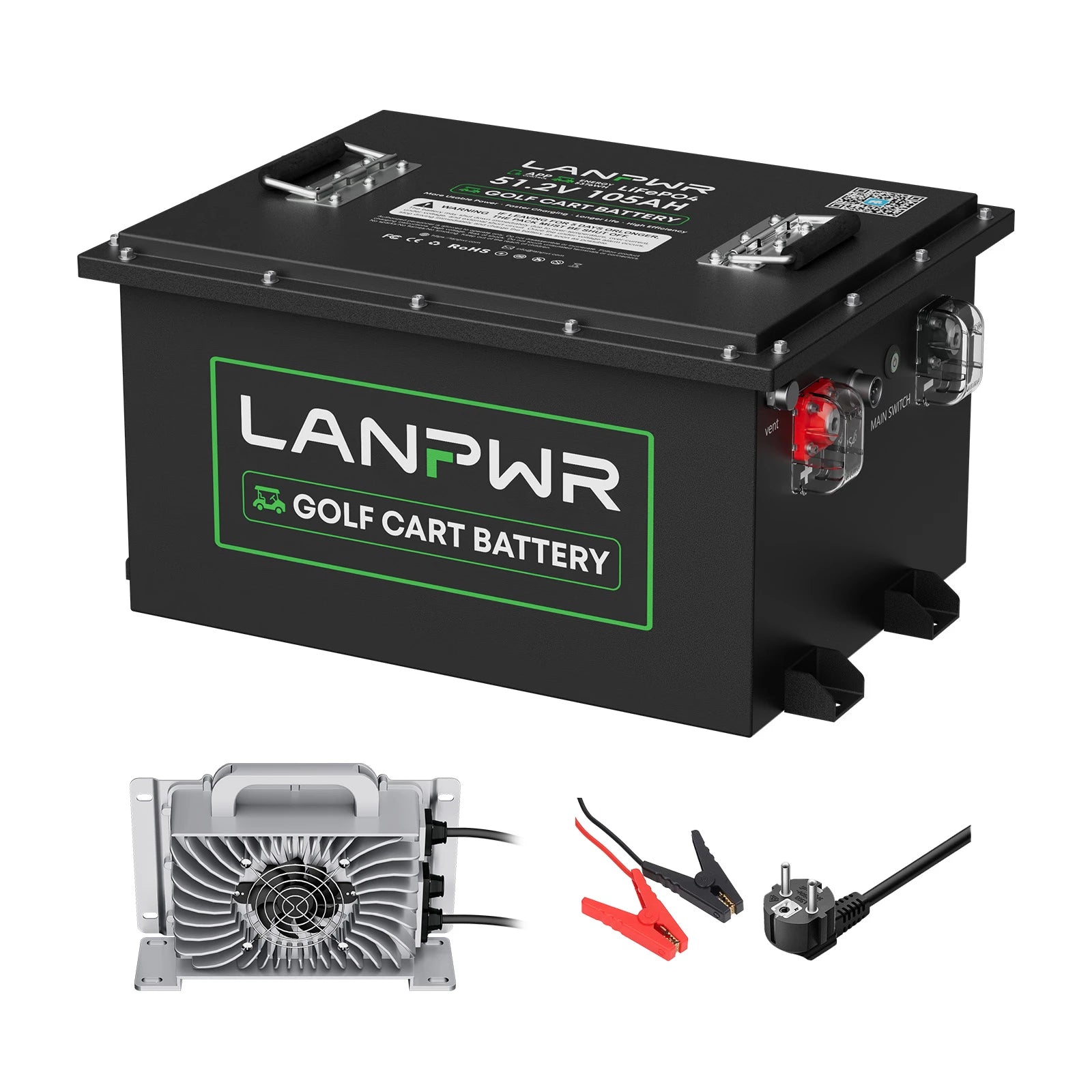

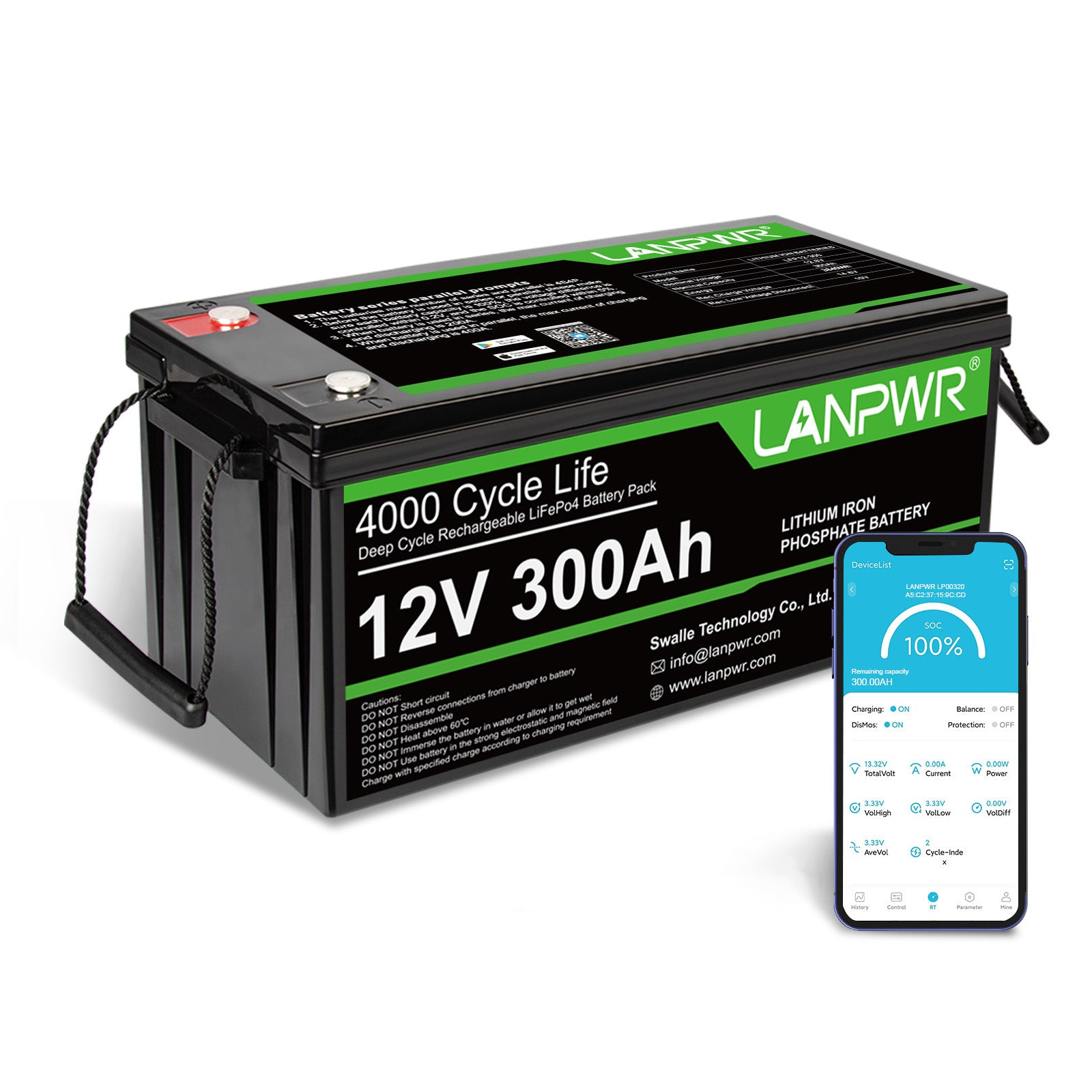
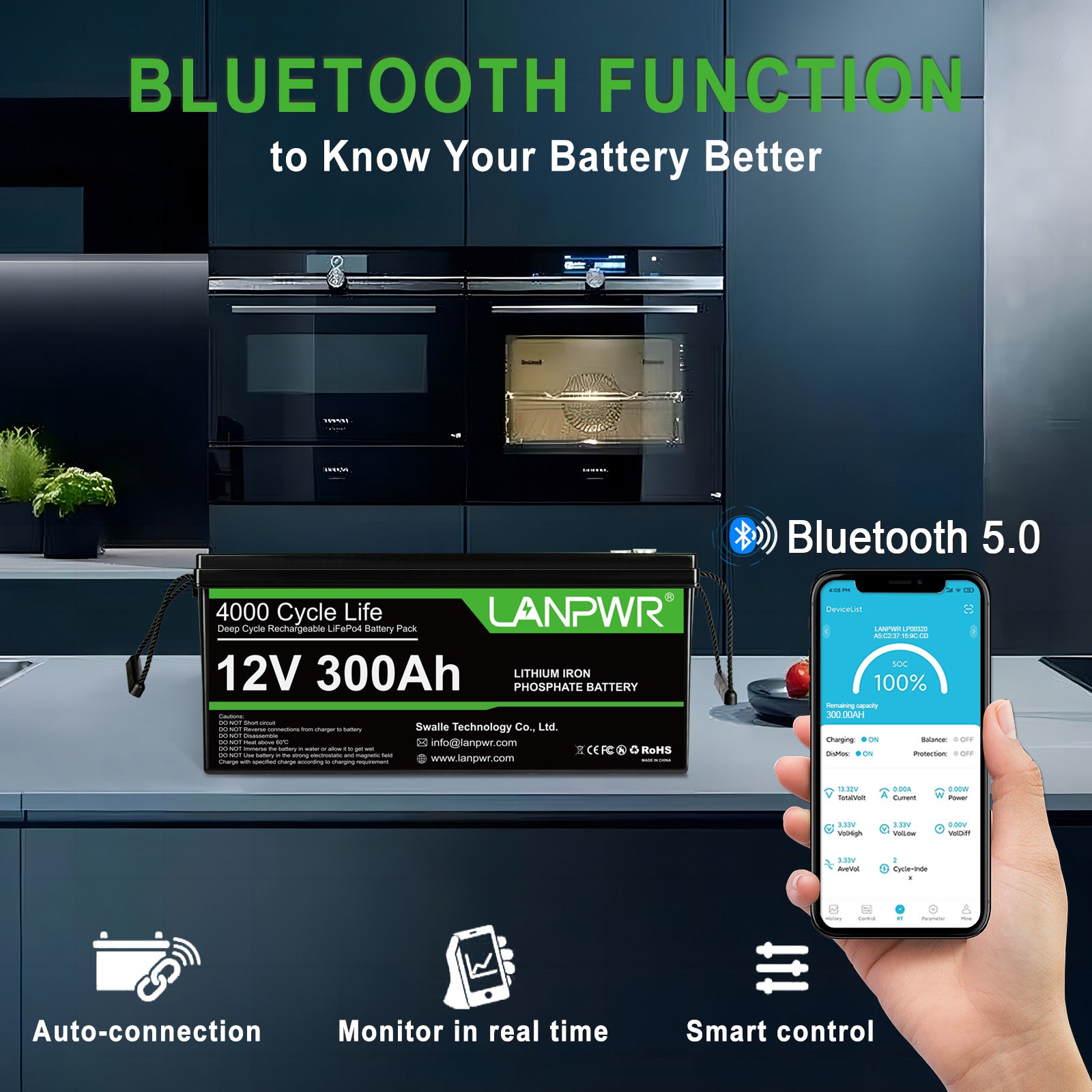
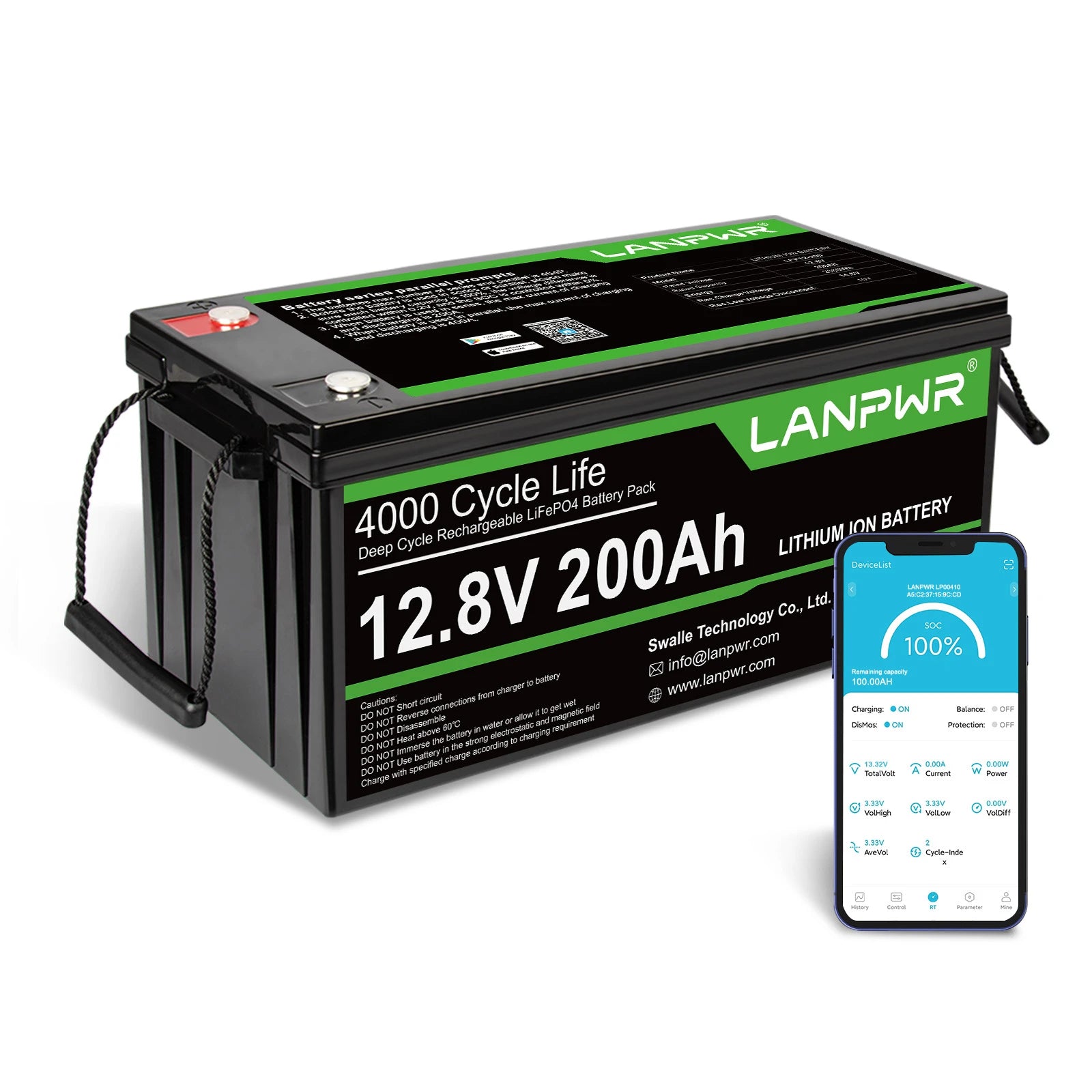
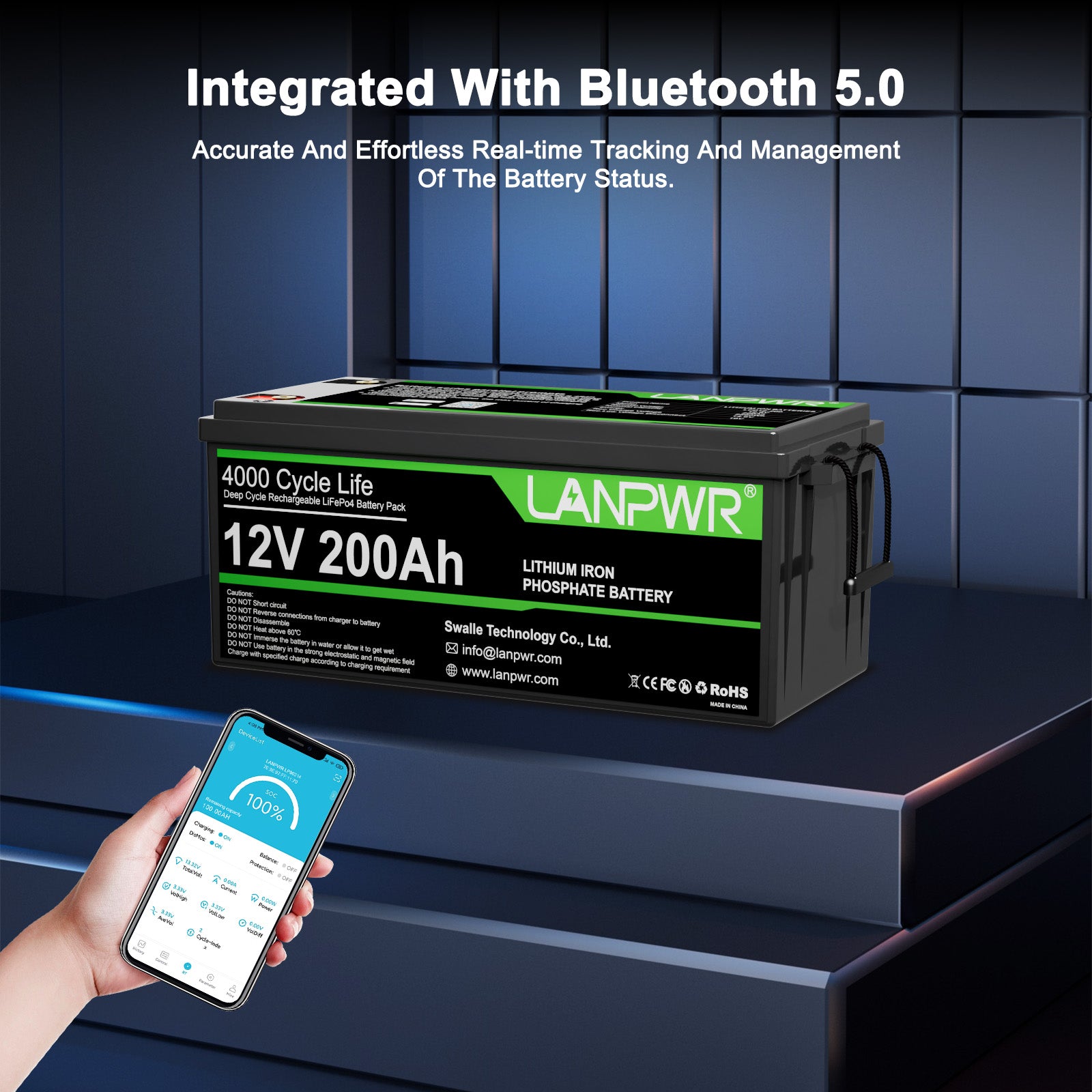
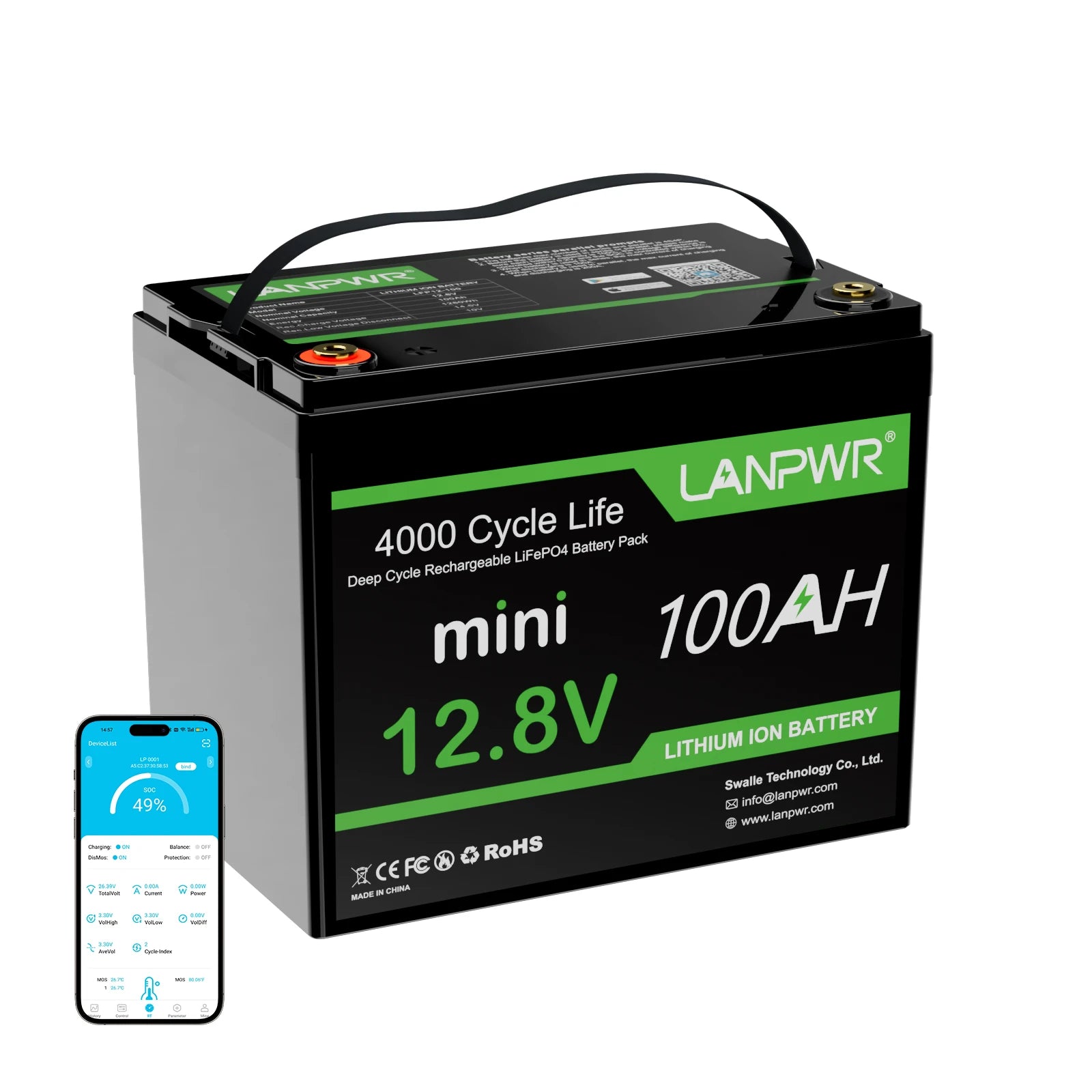

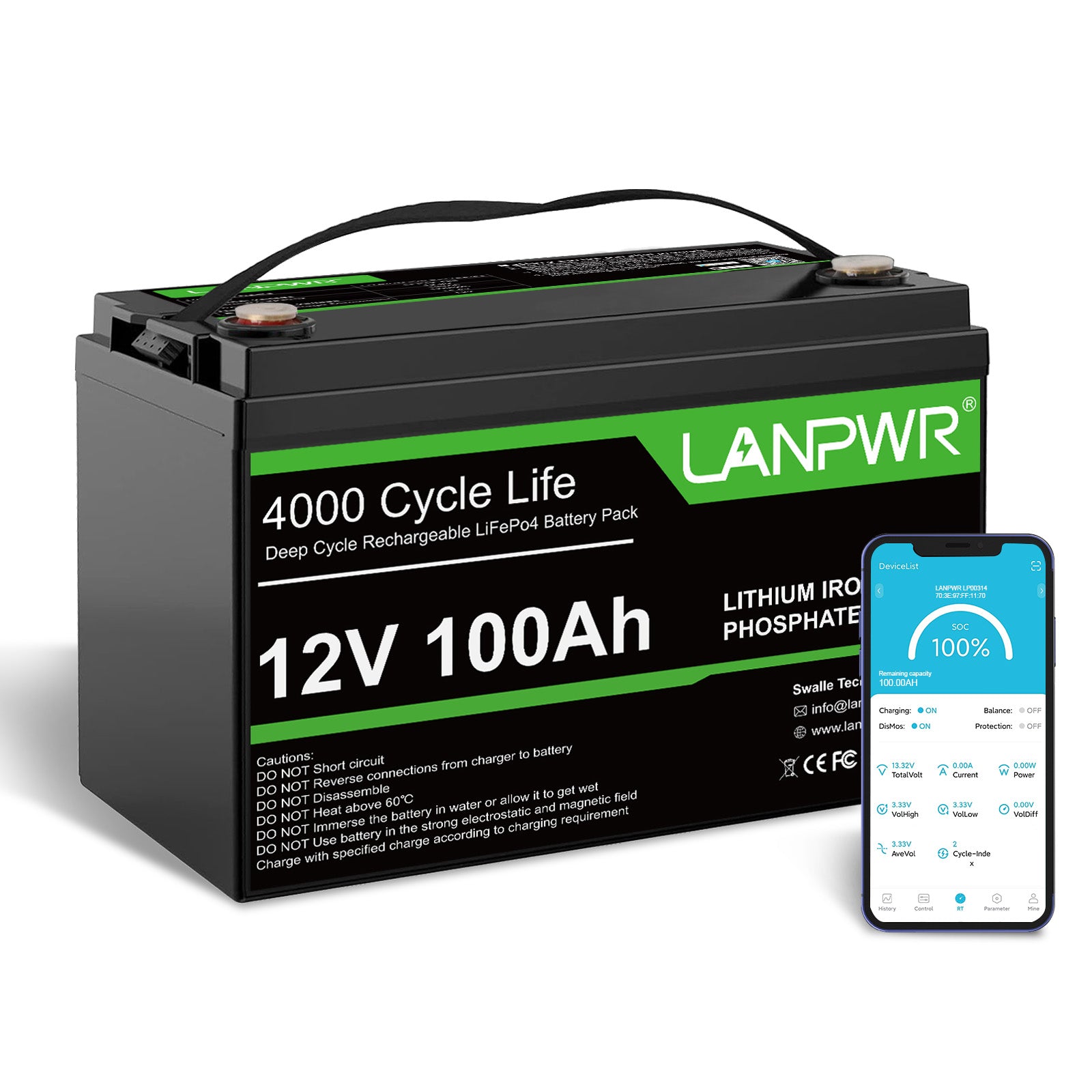

Leave a comment
This site is protected by hCaptcha and the hCaptcha Privacy Policy and Terms of Service apply.